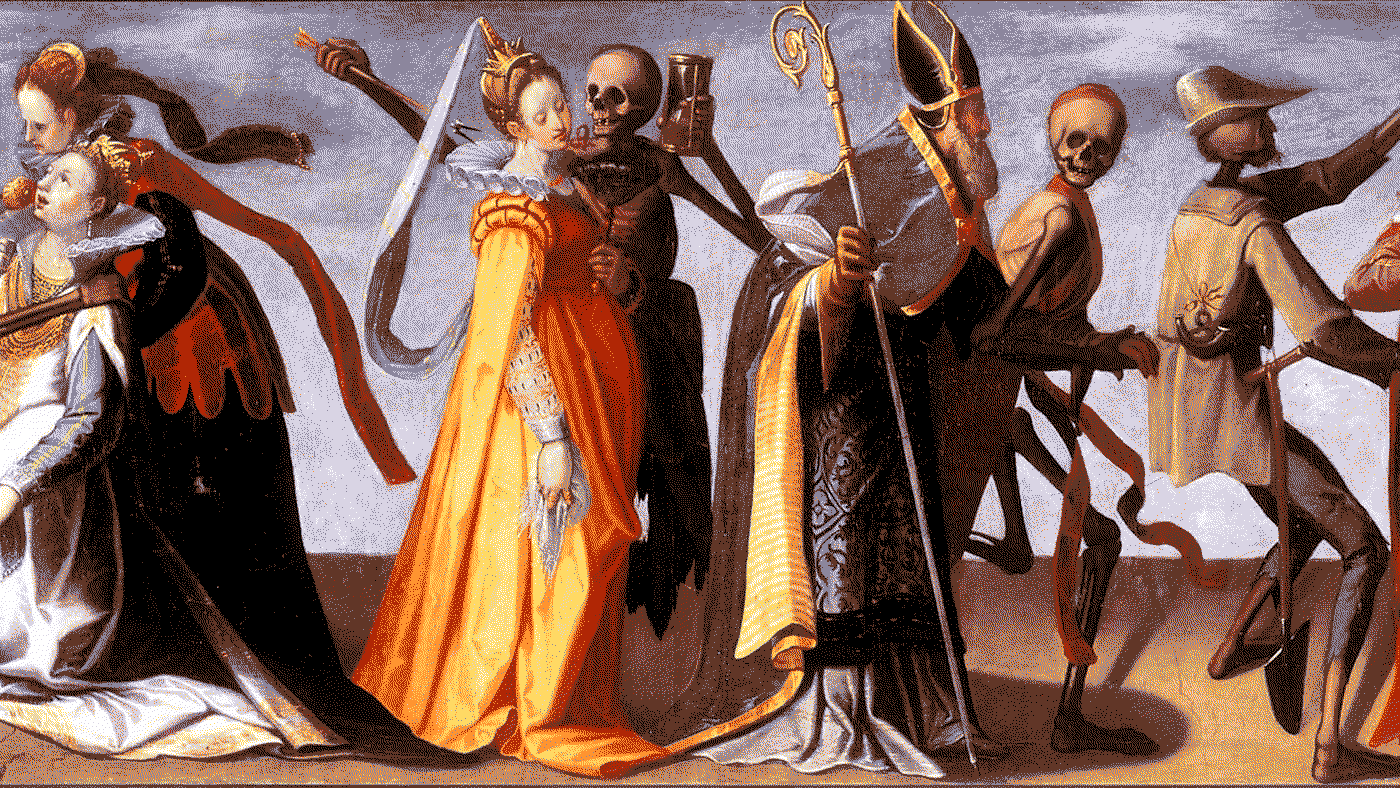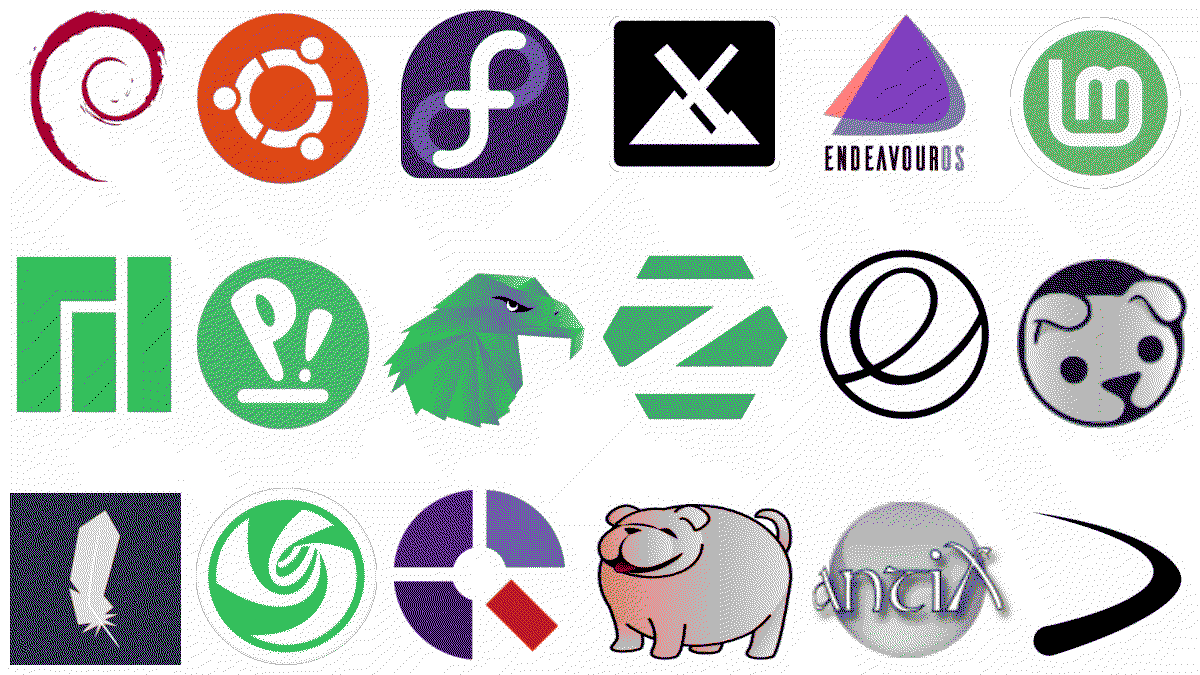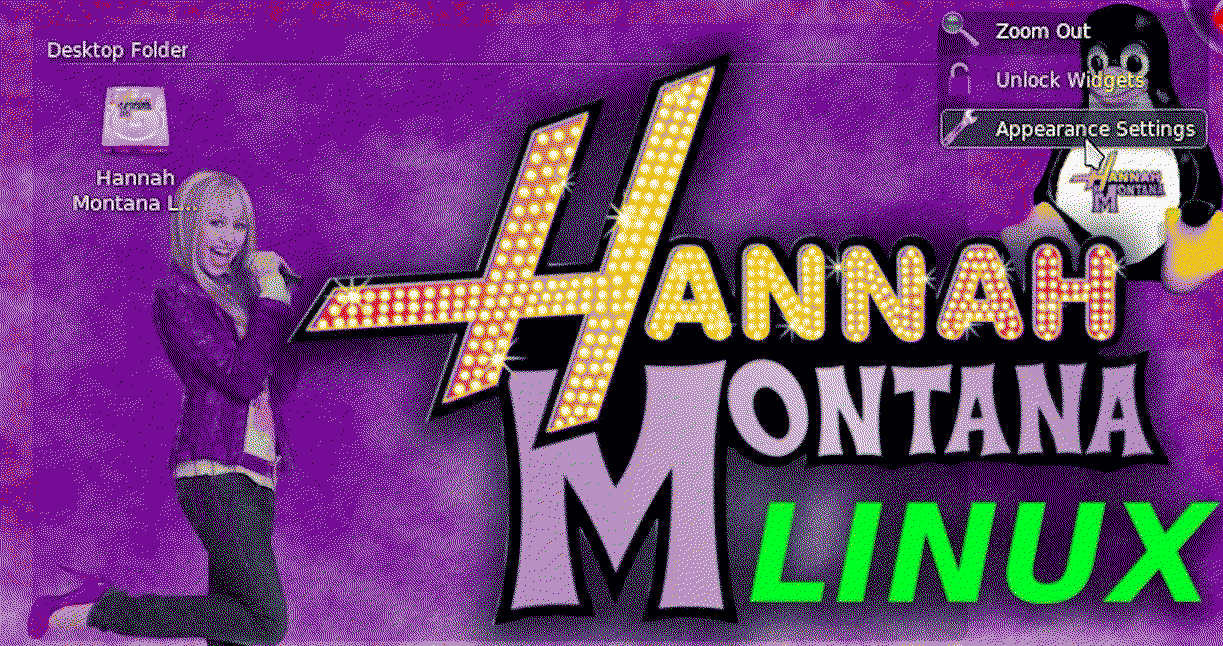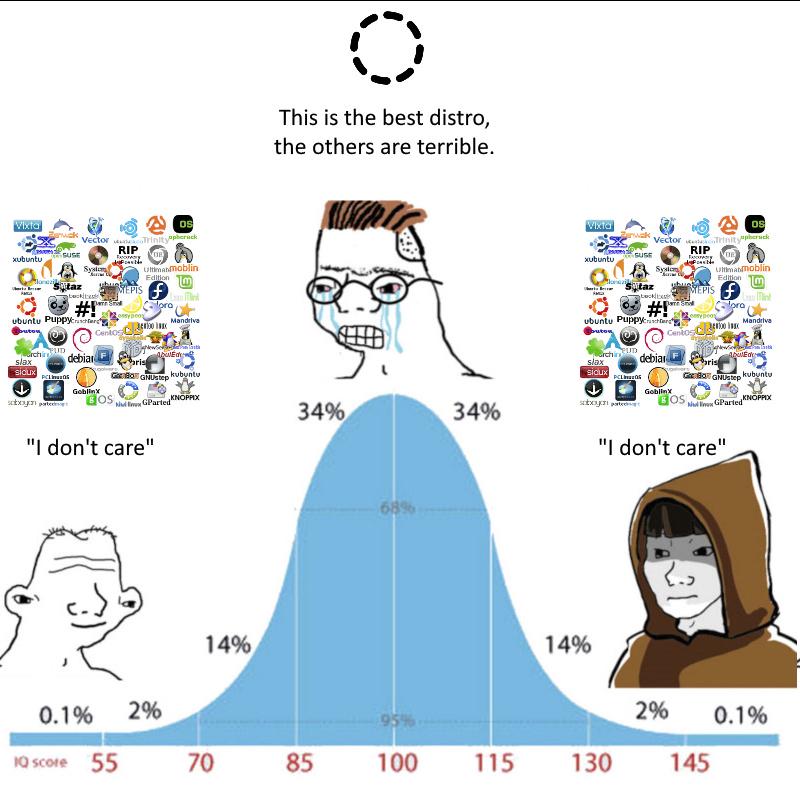In the past few months I’ve been really thinking about my appearance, buying new clothes, getting a new watch, getting a bottle of fragrance. I had one bottle of fragrance that was given to me as a gift for making it through high school, but that’s it. That sent me down a rabbit hole of thinking about fashion, I wanted to get to get it, like really understand it, especially male fashion.
And, quite frankly, I had to rewrite this blog post three times just to get my thoughts in order. Stuff just kept piling up. Anyway, let’s start with the beginning. Ehm, why do we wear clothes? Well, humans have had a prank played on them by mother nature. We’re warm blooded mammals, yet we’re mostly hairless. We suck at regulating our body temperature in most climate zones and the sun damages our skin. Cruel joke, honesty. That’s why we drape ourselves in furs, cloth, silk and other materials. Once we become protected against the elements the “social” part of “social animal” kicks in. We start using our clothes to signify our gender, class, culture, worldview, religion and so forth. So, if you’re not really interested in fashion, fashion is interested in you. Come to think of it, just reading about fashion and the way it evolved taught me a lot more social theory than actual books on the subject.
Let’s begin with talking about something utilitarian – watches. Watches are those little things that are worn on the wrist on are placed in a pocket that tell time. For most of history watches used to rely on a series of spring mechanisms that would be wound up to tell the correct time of day. The main issue with that is that the specifics would need to be really precise to prevent the watch from lagging behind or going forward, it would break easily on slightest impact and it was, more often than not, unaffordable to the average person. This began to change with the quartz revolution in the 70s. To put it simply, quartz is this crystal that has the strange property of vibrating when an electric current is placed through it. Do it correctly and it vibrates exactly every one second. This is much cheaper and easier to make than a complex set of gears and springs that falls apart if someone breathes on it wrong. Basically, in the 70s humans “solved” the watches and the price for a wristwatch began to go down. There are still mechanical watches being made, but they are often seen as luxury or family heirlooms. Nowadays you can get a digital wristwatch that costs less than a sandwich and will be both more accurate and more durable than you’re grandfather’s pocketwatch.
While some watches are necessary in certain professions (for example, divers have to have a divewatch that can withstand lots of water pressure) most exist as a kind of male jewellery. It tells a bit about the person by the kind of watch they wear on a daily basis. So, let’s go through some common stereotypes.
Smartwatches are weird because they are generally worn by people that don’t care about watches or want a kind of biometric scanner on them at all times, mostly to track sleep patterns, your number of steps and your heartbeat. My old gym trainer begged me to get one to track my workout stats. As actual watches, they tend to suck, especially the high end ones. Also I’ve noticed that if a woman is wearing a watch, it’s a smartwatch 70% of the time. Maybe it’s anecdotal, but that’s a pattern I noticed.
- Casio F-91W is the most popular watch in the world. Even people that don’t know the name recognise it as “that dad watch”. It’s cheap as dirt, durable and is worn by virtually everyone from Bill Gates to Bin Laden. It’s also well built and won’t break down on you at inopportune moments. Personally, I modified one with a nylon NATO strap so I can wrap it around my outerwear when I’m doing sports. Generally speaking, the people that really get into cheap digital Casios tend to be either athletes, IT guys or people that want to say that they have taste without spending stupid amounts of money on a watch. Personally, I like the fact that there’s an active modding community for simple watches like that where they do everything from changing the LED to adding a hidden MicroSD card container for it. That’s also why special services pay attention to those cheap watches, they are an engineer’s dream and a security specialist’s nightmare.
- Seiko is a slightly more upscale Casio. They are the ones that pioneered quartz watches, but even before that they made mechanical watches that rivalled Swiss ones in accuracy. Their stuff ranges from affordable watches to really fancy mechanical ones. It’s hard to pinpoint a stereotype for these guys, although from what I heard people that like their sister brand Grand Seiko tend to be a bit obnoxious.
- Omega and Rolex are the premium option. Even people that know nothing about watches know that those are status symbols. Generally they are mechanical watches that are durable and often worn by athletes, cosmonauts, explorers, famous writers. Their price and reputation lead to a problem where those watches are slowly being associated with ill-gotten wealth and the desire to show off. Shame, really, because from what I heard they were solid watches.
- Invicta are a punchline for watch guys. They are the watch equivalent of a wall filled with Funko Pops and Anime figurines. They tend to be loud, large and gaudy. The firm also makes a lot of promotions for comic books and videogames, yeah. The average Invicta fan is stereotyped as a dude in his 20’s that got rich either from livestreaming or cryptocurrency that has more money than brains.
Generally speaking, when a man gets really into watches, they don’t care as much about the brand or the cost of the watch as much as the story behind it. A lot of people get watches that are identical models to those that were worn by world leaders, generals or celebrities. It’s basically a hidden personality test. Do you value story of function? Do you want your watch to be attention grabbing or really durable? It’s a fun little rabbit hole to go down.
Alright, you put on your watch, now time to put on some clothes. I certainly hope you aren’t just standing around there naked. When selecting your clothes you dress for your build, situation and your features. You sketch out a perfect outfit and go to the store and then go… ow.
Most retail stores are quite limited when it comes to clothes, especially when it comes to colour and material, especially for men. Clothes tend to be beige, black or of natural colours. Navy blue, brown, sometimes a dull green or grey. Occasionally you’ll see a muted wine red. Besides that you have “ironic” shirts for young adults and faux university inspired fashion. It’s bleak out there.
I remember trying to get my jacket in a packed cloakroom and I couldn’t find it because every coat there was some variation of dark blue or black. During the winter. You know, during the time of the year where it’s dark most of the time and you can easily be run over by a car unless you dress in vibrant clothes that reflect light. What’s going on there?
Okay, let’s do a deep dive into history. If you look up how people used to dress in antiquity or the middle ages you’d see that generally people would prefer bright, vibrant patterns. Even the men. Especially the men. Certain fabrics, dyes and materials were reserved for the wealthy and the clergy. Purple dye was stupidly expensive and became associated with royalty. Blue dye was derived from lapis lazuli (the Minecraft rock) which was mined in Afghanistan and was used to paint temples. Thus it being the colour of robes worn by high ranking clergy. As for the knights, oh boy, the knights used to look like F-1 Drivers with bright, psychedelic emblems of their lords and lands. The trope of the “Black Knight” is a trope because, for the most part, knights and soldiers would go into battle in dazzling armour. May it be as a show of affluence of their land or to shock and awe their opponents into submission. I think the epitome of that might be the Polish Hussars or the Central European Landsknecht. The latter would make special cuts in their clothing to show off their wealth, also adorn themselves in jewellery. Needless to say, they were capable warriors, but had a habit sacking the local treasuries if not paid on time, thus the flamboyant look.

Fact to the matter is, a lot of male fashion is heavily influenced by military attire. Either because most men were expected to perform some kind of military duty or that it helps to be associated with it. That’s why most monarchs, even if they never saw a battlefield in their life, would dress up like generals. So, what happens when the nature of warfare changes and suddenly it becomes a detriment to march into battle? Well, que the Napoleonic wars.
One of the defining theories about the history of male fashion is the concept of the Great Male Renunciation. Essentially, around the tail end of the XVIII century in Europe most men, regardless of rank began to stop wearing lavish, vibrant clothes and began to dress more practically. One theory is that this is due to the fear that wearing ornate clothes would make oneself a target for the Jacobins. Another theory is that because the Napoleonic wars introduced mass conscription, the uniforms had to be made a lot simpler and more practical to manufacture. This, in turn, was possible to the era being in the very beginning of the industrial revolution. This, in turn, later trickled down to civilian fashion.

The nail in the coffin was the opening battle of WWI, specifically the participation of the Pantalon rouge. Those bright red pants were an integral part of French military uniforms and were associated with everything good. Heroism, love for your country and fresh pastries. The Frenchmen were picked off by German snipers that were dressed in far more sensible green-grey camo and stahlhelms. The red pants, unfortunately, made them very easy to pick off.
This destroyed the remnant of colour in formal male clothing, which is where we are to this day.
In conclusion, I’d try to make a prediction for the future of male fashion. As drones and robotics become more and more important in the various armed clashes happening across the globe, I can see this trickling down to the fashion world sooner or later. For example, vantablack is a special dye that can absorb all light, making an ordinary object seem like a black hole.
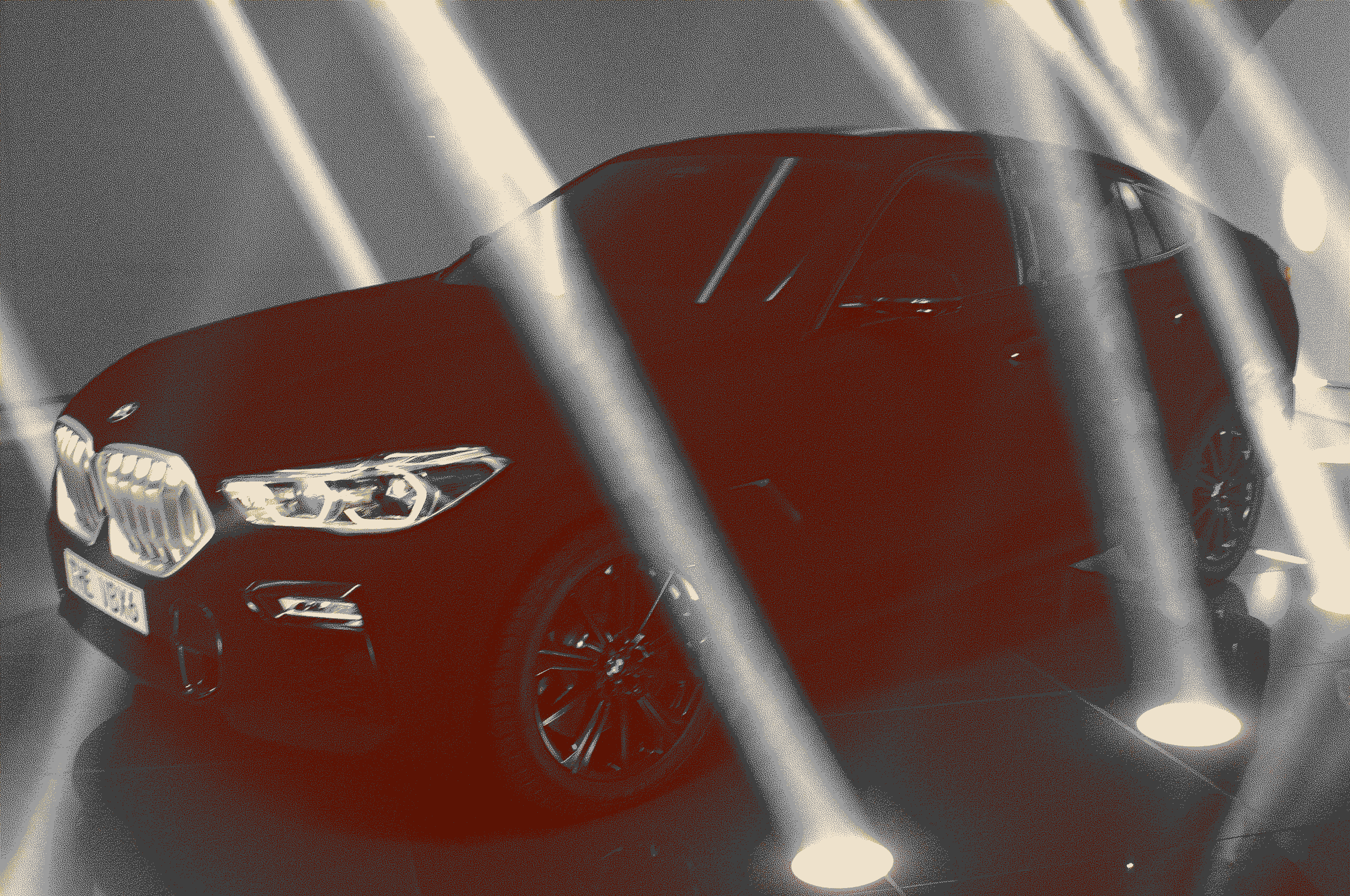
This material has been toyed around as potential paint for drones and vehicles that would help them avoid detection. Once the kinks are ironed out, I can see this trickling down into men’s fashion. All black is already a popular look, but imagine looking like a living hole in reality. There’s one downside though. Imagine having a cat at home or, god forbid, dandruff. Each flake or hair would light up on your vantablack shirt like a star. I can even imagine there being a slur for people like that that. Dust devil, perhaps?

